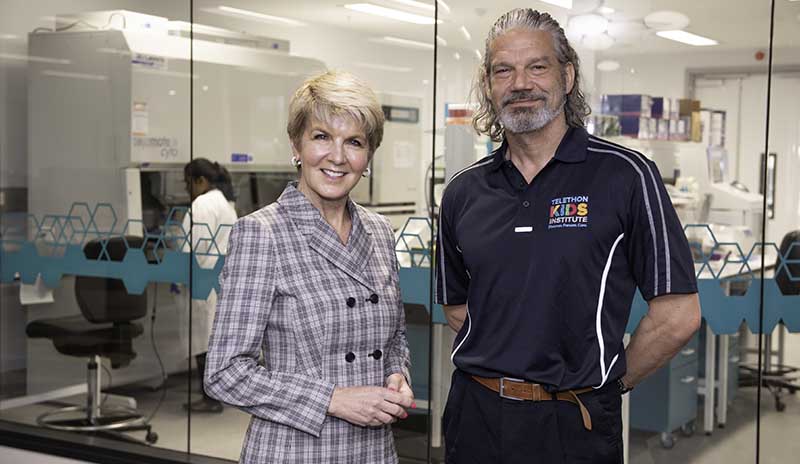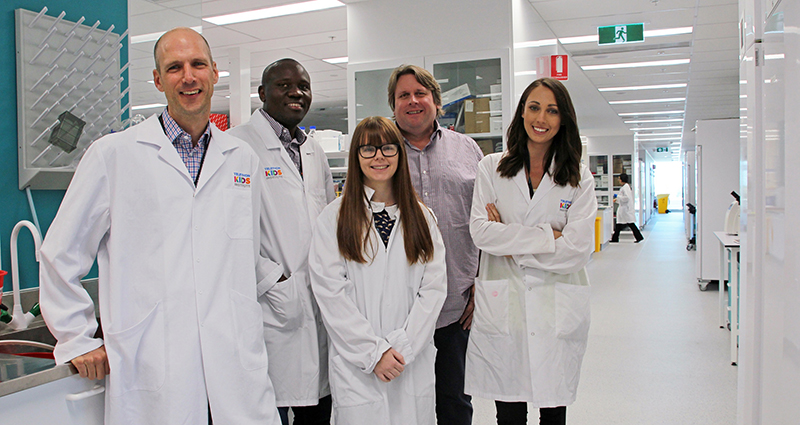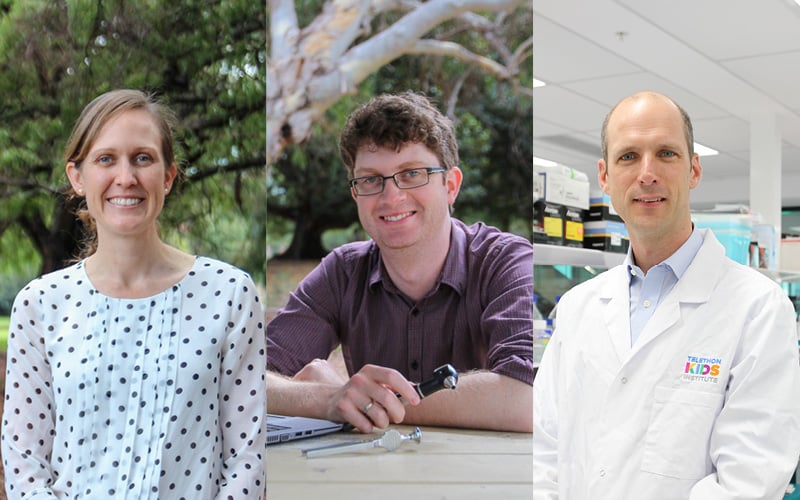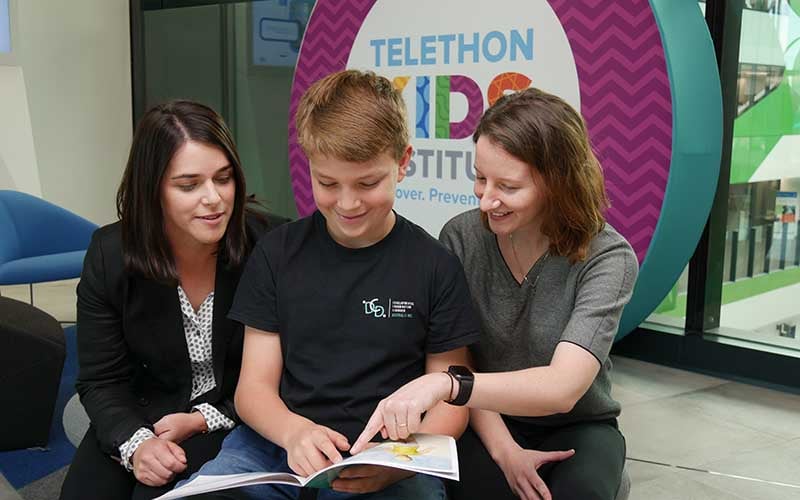Search

News & Events
Researchers call for the term ‘high functioning autism’ to be consigned to historyAutism researchers from The Kids Research Institute Australia have called for the term ‘high functioning autism’ to be abandoned because of the misleading and potentially harmful expectations it creates around the abilities of children on the autism spectrum.

News & Events
$9M NHMRC funding boost for child health researchThe Kids researchers have been awarded over $9 million in National Health and Medical Research Council (NHMRC) funding towards child health research including rheumatic heart disease, respiratory infections, and autism spectrum disorder.

News & Events
Here's to one year at Perth Children's HospitalIt's The Kids Research Institute Australia's first anniversary within Perth Children’s Hospital

News & Events
Hon. Julie Bishop to join Human Vaccines Project boardThe Kids Research Institute Australia Chair Hon. Julie Bishop will join the international Human Vaccines Project’s Board of Directors on its mission to address the next frontier of human health – decoding the human immune system to transform how we prevent, diagnose and treat disease.

News & Events
Discovery Centre offers Tilly chance to be researcher for a dayGetting the chance to play researcher for the day was a welcome change for Tilly Bignell, who has been in and out of hospital since being diagnosed with brain cancer in late 2018.

This year for Childhood Cancer Awareness Month, we got to know the sarcoma research team at Telethon Kids.

News & Events
The Kids ‘Tall Poppies’ rise above the restThree The Kids researchers have been named amongst WA’s most outstanding young scientists for their efforts to ensure kids around the country have the chance to lead happy and healthy lives.

News & Events
New book gives voice to kids with DCDTwo The Kids Research Institute Australia researchers behind a new book featuring the voices of Kids with DCD.

News & Events
Help us build a new weapon in the fight against deadly fluAt just two years old, Lucy lost her fight against flu. With your generous help, we can finally beat influenza.

News & Events
Join The Kids for real-life research at Telethon 2019As one of Telethon’s long-standing beneficiaries, we are proud to once again be taking part in Telethon Weekend on 25 and 26 October at the Perth Convention and Exhibition Centre.
